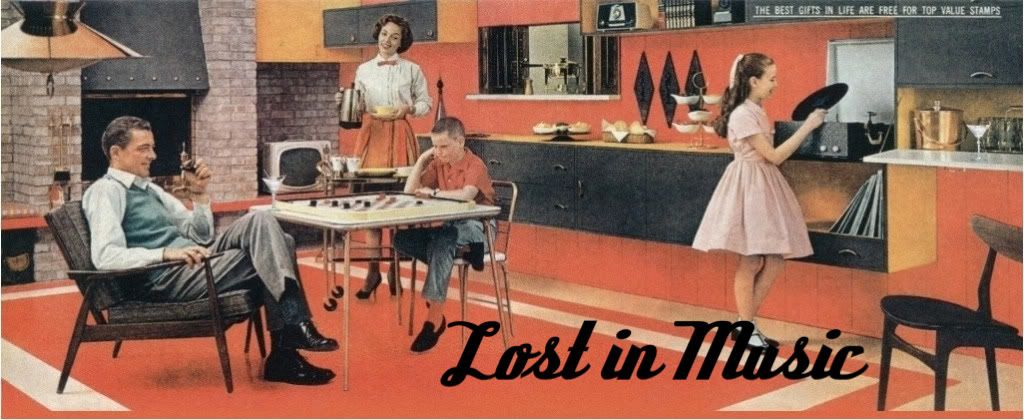..in which our David promptly turns his back on glam rock and plumps instead for a full-immersion in American black music in Philedelphia, USA of all places and invents 'plastic soul' (his phrase).
Gone was the glitter and make-up of Ziggy Stardust and all that the character ensued (including accompanying musicians such as Mick Ronson) and in was a more 'sobre' look and a new approach to music, adopting and adapting the American (read 'black') soul sounds to effectively create the first successful white singer of the genre. Many British white singers would emulate this approach in the not too distant future, becoming especially fashionable in the early 80s: from Paul Young to Tony Hadley, from Rick Astley to Boy George.
His cocaine habit (nay, addiction) continued of course and TV appearances for which the US producers and audiences craved, were often marred by Bowie being completely off his head on coke.
He was also very thin, and very white...


No comments:
Post a Comment